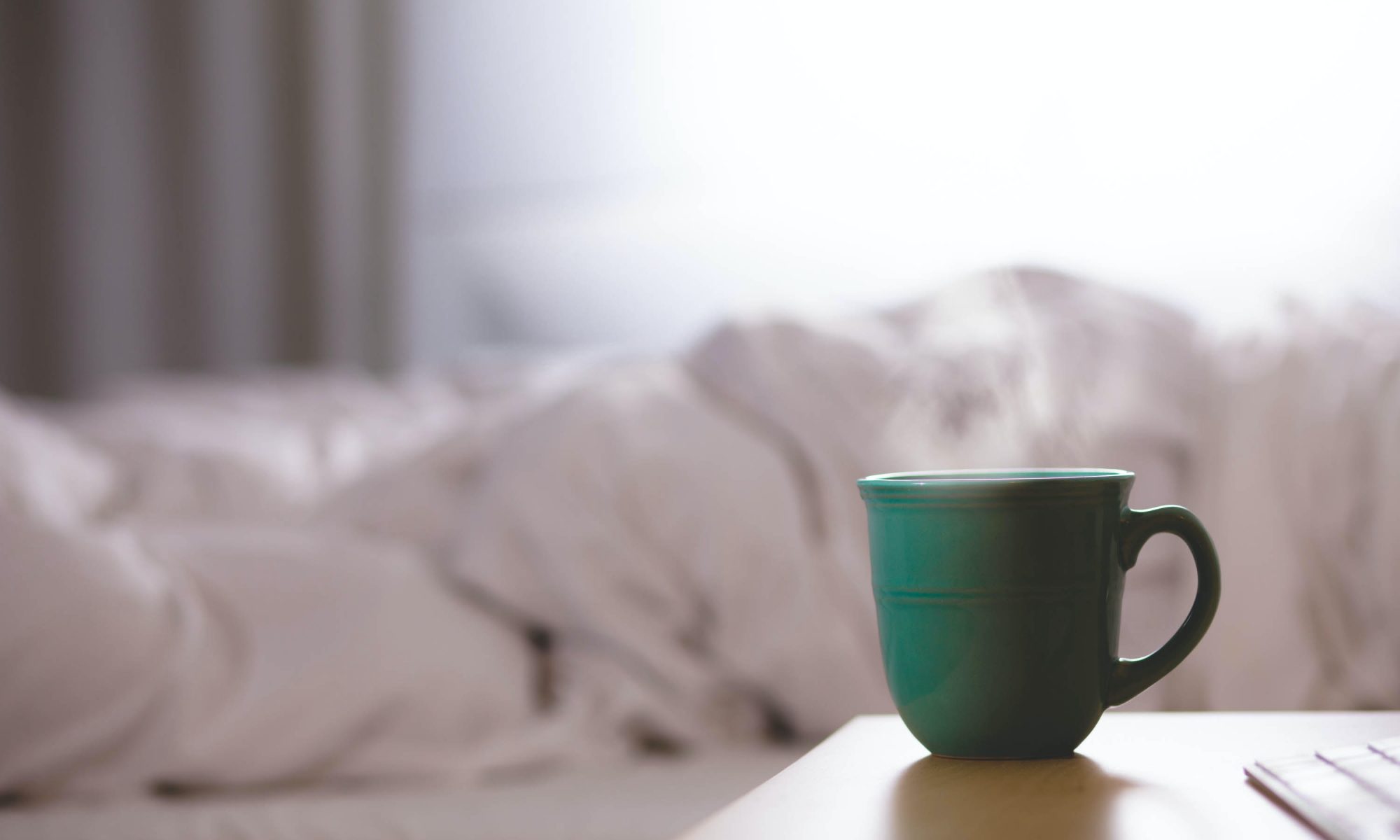As our lives and routines continue to be disrupted post-pandemic, it’s easy to slip into unhelpful sleep habits – like late nights caused by Netflix binges, or afternoon naps which leave you bright as a button … at 3am.
Many clients are reporting difficulties getting to sleep or staying asleep, the presence of disturbing dreams, and the problem of waking up unrefreshed.
They’re not alone. A study by the Turner Institute for Brain and Mental Health at Monash University found that almost half of all respondents reported poor sleep during the pandemic, while more than two in five claimed waking during the night at least three times a week.
So what to do? First, don’t force it. Out-of-whack sleep cycles can be difficult to rein in. Entering into a struggle with them is likely to prove counterproductive. Instead, coax them gently in the direction you’d like them to go.
The Sleep Health Foundation likens sleep to a butterfly. You can’t reach out and grab it, but if you stay quiet and still, the butterfly will come to you.
Here are some other tips for those struggling with sleep:
Be careful what you consume. News coverage detailing the latest Covid-19 case numbers, conspiracies or controversies can cause anxiety and distress. Best not end your night this way.
Build a bedtime routine. Parents know that a predictable series of cues (dinner, bath, story, brush teeth, lights out) help prime their children’s minds for sleep. We’re no different. Create your own personalised repertoire of pre-sleep activities (or inactivities).
Still your mind before bed. Your wind-down routine might include some stretches, progressive muscle relaxation or meditation. Apps including Calm and Smiling Mind can help you on your way.
Follow healthy habits. Fuel your body with high quality food, get some exercise, watch your alcohol and caffeine intake and spend at least part of the day doing something you enjoy.
Still struggling with sleep? Brookfield Psychology can help.

